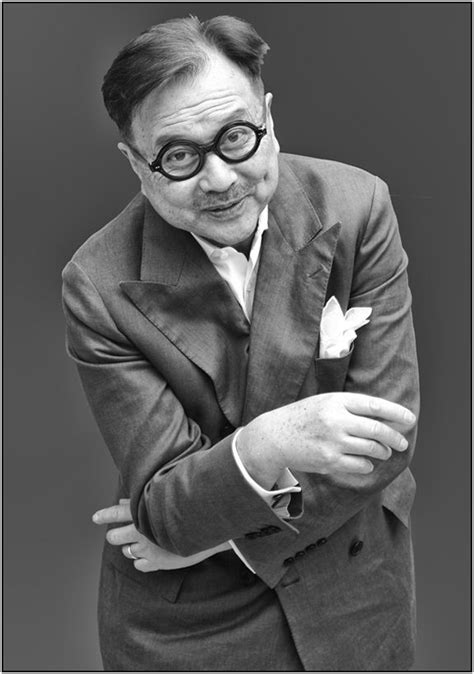A Quote by Salvador Dali
Painting is an infinitely minute part of my personality.
Quote Topics
Related Quotes
The edge of a painting is its frontier... where the artist negotiates his boundaries with the real world... where art begins and ends and where the eye enters and leaves the image. It determines, in an infinitely subtle number of ways, how you read a painting - which, unlike a book or a piece of music, has no pre-determined beginning or end.
Then you learn about composition, you learn about old masters, you form certain ideas about structure. But the inhuman activity of trying to make some kind of jump or leap, where , the painting is always saying, 'What do you want from me? I can only be a painting.' You have to go from part to part, but you shouldn't see yourself go from part to part, that's the whole point.
Suns are extinguished or become corrupted, planets perish and scatter across the wastes of the sky; other suns are kindled, new planets formed to make their revolutions or describe new orbits, and man, an infinitely minute part of a globe which itself is only an imperceptible point in the immense whole, believes that the universe is made for himself.
We cannot look upon our lives as dreams of a dreamer who has no awakening in all time. We have a personality to which matter and force are unmeaning unless related to something infinitely personal, whose nature we have discovered, in some measure, in human love, in the greatness of the good, in the martyrdom of heroic souls, in the ineffable beauty of nature, which can never be a mere physical fact nor anything but an expression of personality.
The universe shudders in horror that we have this infinitely valuable, infinitely deep, infinitely rich, infinitely wise, infinitely loving God, and instead of pursuing him with steadfast passion and enthralled fury — instead of loving him with all our heart, soul, mind, and strength; instead of attributing to him glory and honor and praise and power and wisdom and strength — we just try to take his toys and run. It is still idolatry to want God for his benefits but not for himself.
Why was the painting made? What ideas of the artist can we sense? Can the personality and sensitivity of the artist be felt when studying the work? What is the artist telling us about his or her feelings about the subject? What response do I get from the message of the artist? Do I know the artist better because of the painting?







































